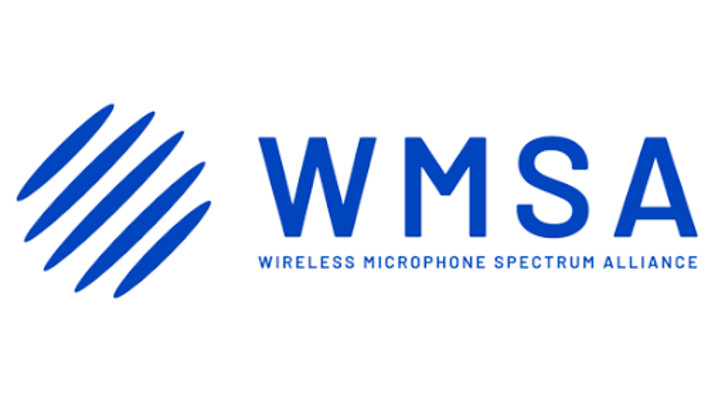Soft DTV deadline legislation clears Senate
The professional video industry's #1 source for news, trends and product and tech information. Sign up below.
You are now subscribed
Your newsletter sign-up was successful
The amendment passed last week requires broadcasters using channels 62-69 to return their analog spectrum to the federal government by Dec. 31, 2007.
The U.S. Senate has approved NAB-backed legislation that would avoid setting a hard DTV deadline.
The legislation has been billed as a compromise to provide additional communications airwaves to police, fire and rescue organizations by forcing some television broadcasters to give back spectrum by early 2008. However, in effect, it allows television broadcasters to indefinitely extend their control of analog and digital broadcast spectrum.
The amendment passed last week requires broadcasters using channels 62-69 to return their analog spectrum to the federal government by Dec. 31, 2007, if an emergency service desires use of the spectrum. However, there’s a loophole. The handover date can be delayed indefinitely if a broadcaster can persuade the FCC that giving back the spectrum would cause consumer disruption.
The legislation also includes a provision providing $1 billion in subsidies for consumers to buy a device that would convert digital signals into a format they could see, or subscribe to cable or satellite TV service.
Sen. John McCain, (R-Arizona), and chairman of the Senate Commerce Committee, originally supported a hard deadline for all broadcasters to give back their analog spectrum. He argued that a compromise, proposed by Sen. Conrad Burns (R-Montana), gives broadcasters continued license to stall the DTV transition and sit on valuable public spectrum. He later signed the compromise in order to give the legislation a chance of passage this year.
The NAB, credited with watering down the original legislation through its lobbying efforts, contended that the broadcasters are concerned only about preserving the ability to serve millions of Americans with free TV.
The professional video industry's #1 source for news, trends and product and tech information. Sign up below.
Current law requires the television broadcasters to vacate their old analog airwaves by the end of 2006 or when 85 percent of the country is able to see the digital signals. That 85 percent exception, critics have argued, could allow broadcasters to sit on their analog spectrum for up to 25 years.
The Senate bill now goes to an uncertain future in the House, where it is part of legislation to overhaul U.S. intelligence services. Reuters reported that Congress is pushing to complete work on the intelligence bill by Oct. 8, but Senate Majority Leader Bill Frist said that senators are seeking to add some 300 amendments to the sweeping bill. The broadcast amendment is only one of them.
